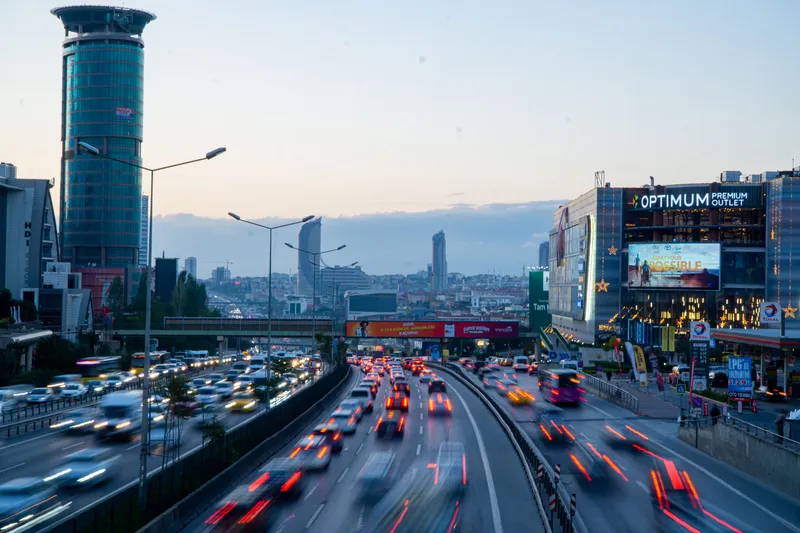Europe’s POSSE (Promoting Open Specifications and Standards in Europe) is developing best practice guidelines for open urban transport systems, including case study examples, which will be open to all and which will set out the process for implementing open specifications and standards. POSSE believes open specifications and standards offer many benefits especially the ease with which different Intelligent Transport Systems (ITS) can share and exchange information.
October 29, 2012
Read time: 2 mins
Europe’s POSSE (Promoting Open Specifications and Standards in Europe) is developing best practice guidelines for open urban transport systems, including case study examples, which will be open to all and which will set out the process for implementing open specifications and standards. POSSE believes open specifications and standards offer many benefits especially the ease with which different Intelligent Transport Systems (ITS) can share and exchange information.
The six partners from the UK, Spain, Italy, Lithuania, Norway and the Czech Republic have undertaken to engage with their key national players in order to raise awareness and build consensus on open systems.
Intelligent transport systems (ITS) are widely implemented in cities and regions to manage traffic and influence travel behaviour through systems such as adaptive area-wide traffic control, real-time travel information, bus priority at traffic lights, smart card ticketing and car park management and guidance, among others. ITS have largely been implemented in an un-coordinated and incremental way, due in part to the multitude of organisations involved, the absence of a common set of open ITS standards and specifications in Europe, and the prevalence of closed, proprietary systems within the market.
To enable other public authorities with an interest in open systems to benefit from the knowledge sharing within POSSE and to interact with partners, an Open ITS Systems Forum will be established. The call for applications to join the forum is open now and will close on 7 December 2012.
The six partners from the UK, Spain, Italy, Lithuania, Norway and the Czech Republic have undertaken to engage with their key national players in order to raise awareness and build consensus on open systems.
Intelligent transport systems (ITS) are widely implemented in cities and regions to manage traffic and influence travel behaviour through systems such as adaptive area-wide traffic control, real-time travel information, bus priority at traffic lights, smart card ticketing and car park management and guidance, among others. ITS have largely been implemented in an un-coordinated and incremental way, due in part to the multitude of organisations involved, the absence of a common set of open ITS standards and specifications in Europe, and the prevalence of closed, proprietary systems within the market.
To enable other public authorities with an interest in open systems to benefit from the knowledge sharing within POSSE and to interact with partners, an Open ITS Systems Forum will be established. The call for applications to join the forum is open now and will close on 7 December 2012.










